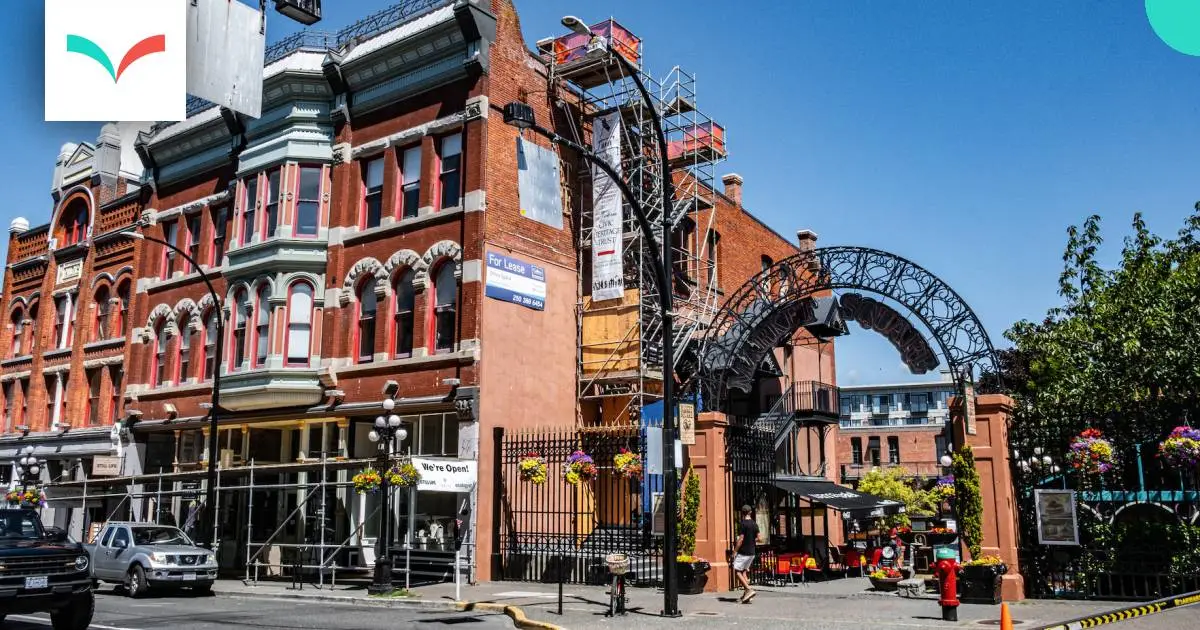Dozens of former short-term rentals have gone up for sale since the ban was announced in October, and not one has sold
This article is part of a national, multi-outlet investigation into Airbnb and other short-term rentals, and their impact on the housing crisis. Our reporting has driven policy change on both ends of the country, and your donations have made that possible. Thank you to everyone who has donated to support this important work.
The open house is all set up, but nobody’s coming. There’s plenty of foot traffic outside, but those are mostly Airbnb guests, wheeling bags in and out of the building, and they’re not here to buy a home — just to occupy one for a few days while they still can.
In October, the B.C. government announced a ban on short-term rentals that are not in the owner’s principal residence. These units are the most troublesome, because they take housing off the market for long-term residents.
The ban includes units like this one in downtown Victoria — condos that were previously grandfathered-in despite a ban introduced by the city in 2018. That “legal non-conforming” designation kept thousands of homes off the rental and condo market in Victoria alone, and by some estimates boosted their value by as much as $50,000 to 100,000 because of their substantial revenue-generating potential. Before the new legislation, that premium could be made back in a year or two — but now the clock is ticking down to May, when these condos’ ability to earn money as short-term rentals will evaporate. That’s leading to a rush of units hitting the market as owners try to get out of pricey investments that seem destined to plummet in value.
So far, listing prices haven’t reflected this new reality. Hence the empty open house.
“I think a lot of these owners are still in denial,” says real estate broker Dustin Miller.
Not all, though. Miller started hearing from some Airbnb owners within minutes of the government’s announcement that it would severely restrict short-term rentals.
“One of them decided to list right away — like, ‘Let’s get ahead of this, let’s sell,’” he recalls.



One of the big things with a free market is that it assumes everyone is out to screw everyone else. Buyers want minimum prices, sellers want maximum. In principle, it all cancels out. Unfortunately, the information and power balance is also assumed to be even. In practice, it’s not. It also requires both parties to be able to walk away. With housing, that’s not an option.